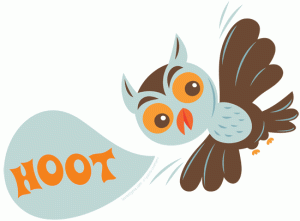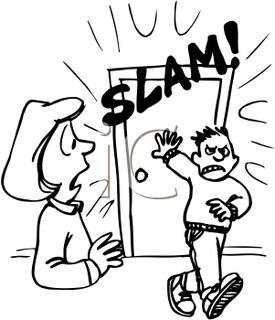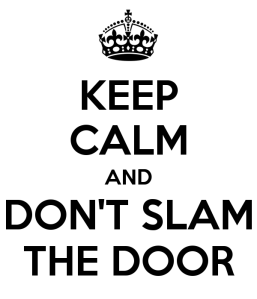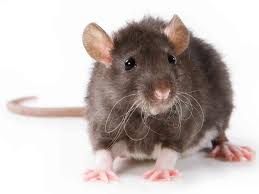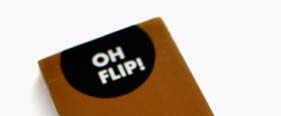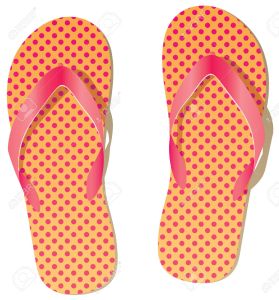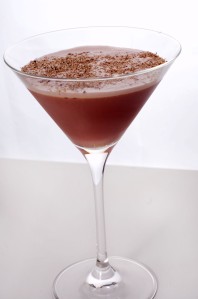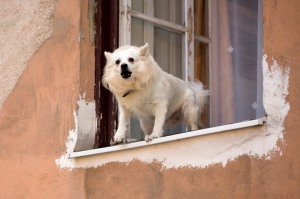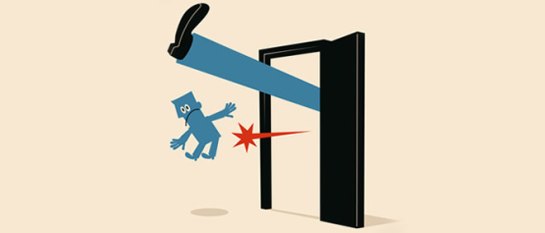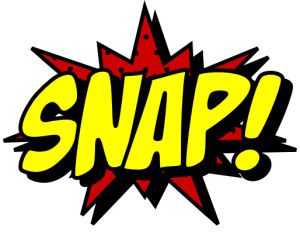Blazes can be used in place of hell in expressions, but it is a little dated now. Here some examples:
- Go to blazes! (go to hell!)
Example: “I don’t care what you think; you can go to blazes!”
- What the blazes?, or “What in blazes?” (what a hell? / What the hell?)
Besides, a blaze is a bright flame or fire, or a very bright glow of light or color. Figuratively, a sudden outburst of passion or fury can also be called a blaze. As a verb, to blaze means ‘to burn or shine brightly, like a flame’ or ‘to flare suddenly with emotion.’
In addition, a blaze is a mark made on a tree to indicate a path or boundary and the verb to blaze mans ‘to mark with blazes’ and also ‘to lead the way.’
A blaze is also a white stripe down the front of an animal’s face, especially a horse.

Example sentences
- When the travelers entered the inn, they were met with the welcoming blaze of a fire in the hearth.
- At this time of year, the garden is a blaze of different colors.
- In a blaze of anger, Joe told his colleagues exactly what he thought of them.
- The sun blazed in the blue sky.
- «What makes you think you’re better than anyone else,» Jane blazed at Paul.
- Blazes on the trees show the path to follow.
- The organizers blazed the trail for the hikers to walk.
- Clara’s research has blazed the way for climate change solutions.
Thanks to WordReference for the information.

